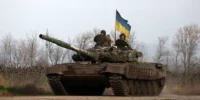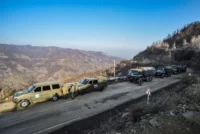
Entusiasmo ciego por la ciencia
La ciencia y la tecnología tienen un impacto tan manifiesto en nuestras vidas que pocos ciudadanos podrán dudar de su importancia en el pasado, presente y futuro de la sociedad. Sin embargo, los estudios llevados a cabo entre la población siempre desvelan la existencia de sectores con opiniones divergentes sobre las ciencias y sus aplicaciones. También se encuentran diferencias relevantes en la percepción de la ciencia entre los ciudadanos de distintos países.
Sin duda la reciente pandemia ha tenido un efecto en la apreciación pública de la ciencia, haciendo cambiar muchas actitudes. Diríamos que, en términos generales, el desarrollo de las vacunas contra el Covid-19, en un tiempo récord, ha hecho que la disposición hacia la ciencia haya mejorado notablemente.… Seguir leyendo »














